 My thanks to Viv Apple for this nostalgic and evocative piece:
My thanks to Viv Apple for this nostalgic and evocative piece:Whenever I hear mention of the film ‘Dr Zhivago’, or even see the title in print, my brain immediately replays Lara’s Theme through my mind as if an automatic switch has been thrown. Such is the power of the film music written by Maurice Jarre, who died on 29th March. Jarre composed for more than 150 films, won three Oscars, two Baftas, four Golden Globes and a Grammy. He was given a star on the Hollywood Walk of Fame, and in February this year received a lifetime achievement award at the Berlin Film Festival.
Jarre won his first Oscar for his score in ‘Lawrence of Arabia’. After that success he was much in demand from directors including Alfred Hitchcock, William Wyler, Luchino Visconti and John Huston. He always maintained that music should be a central part of any film and not just used to underline a piece of action or a love scene, and thus he, along with other composers in the field, succeeded in making great films glorious.
I was a small child when my friend Judy and I leaned out of her bedroom window one afternoon and sang at the tops of our voices, Somewhere Over the Rainbow - à la Judy Garland. It wasn’t that we didn’t have anything better to do - although, actually, we didn’t. The real reason why we let rip over the rooftops of Streatham was that we’d discovered the joy and the power of film music. ‘The Wizard of Oz’ was, and still is, a film full of extraordinary ideas and wonderful images, but would its magic have been powerful enough to capture both adults and children in its spell without the music of Harold Arlen and lyrics of E.Y. Harburg?
That’s the kind of rhetorical question which lasts throughout a lifetime of movie-going. Musicals, by definition built around their music scores, have come a long way since Busby Berkeley’s girls on winding staircases first bored the pants off small boys waiting for their cowboy features in the 1940s. ‘The Glenn Miller Story’(1953), was among the first musicals to bring realism to the genre, separating story from musical numbers whilst still using music in the development of the scenario. The film was about Glenn Miller whose life story was about his music, just as the brilliant 2005 film ‘Walk the Line’ was about Johnny Cash, whose life was about his music.
It might appear more difficult to use music in a ‘straight’ film, but the evidence is to the contrary. A good composer can conjure up excitement, sadness, fear, elation and passion in his music; a great composer can match these emotions with what is happening on the screen so exactly that we cannot see the join. Even ‘serious’ classical composers have been attracted to the art. Shostakovich composed 34 film scores, including ‘Hamlet’ (1964) and ‘King Lear’ (1970).
Vaughan Williams wrote music for about ten films, including ‘49th Parallel’ (1941), ‘Scott of the Antarctic’ (1948) and the 1941 war documentary ‘Coastal Command’ - a ‘stiff-upper-lip’ collection which might seem to belie the love of folk music for which he was better known. Eric Coates was another quintessentially English composer, and his fondness for marches came in handy when he was asked in 1955 to write the score for ‘The Dam Busters’, the story of Barnes Wallis’s bouncing bomb. His work proved to be uplifting - an inspiration to accompany 617 Squadron on their flight over the Rhur valley.
By contrast, I defy anyone to listen to Rachmaninov’s Second piano concerto without recalling that most famous 1946 screen love story, ‘Brief Encounter’. Its pent-up passion is woven into the music, which truly tugs at the heart and gives permission for the tears to flow. And in 1995, Nigel Westlake broke new ground by arranging Saint-Saens’ Third Symphony to bring tears of joy to kids and animal-loving adults in ‘Babe’ - based on Dick King-Smith’s book, “The Sheep-Pig”, the story of a small pig’s triumph over the limitations of being a pig.
But could all this be a form of manipulation, a distortion of the truth? This is dangerous ground, but I don’t believe there is anything sinister in the enhancement of a story by way of music, which in itself cannot tell a different story. The score for the 1981 film ‘Chariots of Fire’ won an Academy Award for its composer, Vangelis. Later, there were murmurs that the movie was carried to its triumphal success primarily because of its inspirational music, without which the simple story of rivalry between runners Harold Abrahams and Eric Liddle in 1920 would not have aroused much interest. But to argue this would not only be a disservice to the film, but would also be a denial of something more fundamental, to do with connections in the human brain. When that connection is made, our understanding is enhanced.
The marriage of music and film must be one of passion, the partners locked into an emotional bond from which there is no escape. As cinema-goers we feel this to be true, but it may have been proved in practical terms recently, when Bernard Herman’s score for the 1960 Hitchcock film, ‘Psycho’ was put up for sale at the auction house Bonham’s. It was expected to go for about £40,000 - but there were no takers!
Hitchcock was unsure about the movie and wanted to cut it drastically, but Herman knew that with the application of music he could turn it into something special. And he was proved right. Hitch told Herman he wanted NO music for the shower scene, only the sound of water - and he then went away on a short break. When he returned, Herman had sneakily written the music which became perhaps the most famous horror scene theme in film history. But on its own, divorced from that horrific murder, was it just a string of notes? In this particular case, it seems so. And yet other factors, such as the present economic climate or simply the natural fluctuations of the market, may be just as much to blame here.
Would I pay £40,000 for the original score of ‘Dr Zhivago’? No. But then why should I, when I already have it in my head for ever?
by Viv Apple
in memoriam Maurice Jarre, 13th September 1924 – 29 March 2009
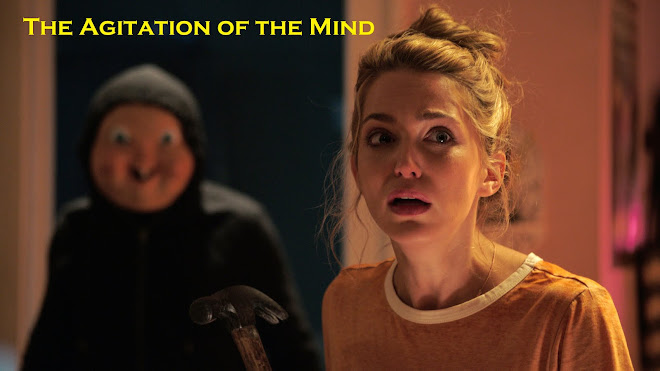
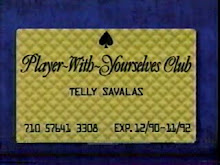
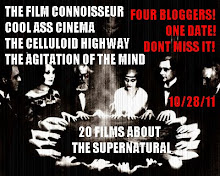
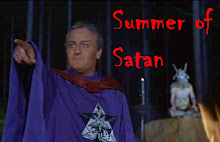
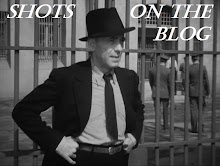










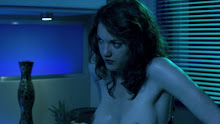
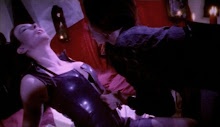





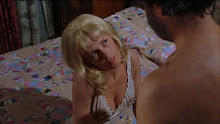
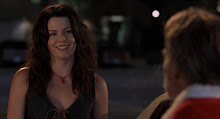








No comments:
Post a Comment